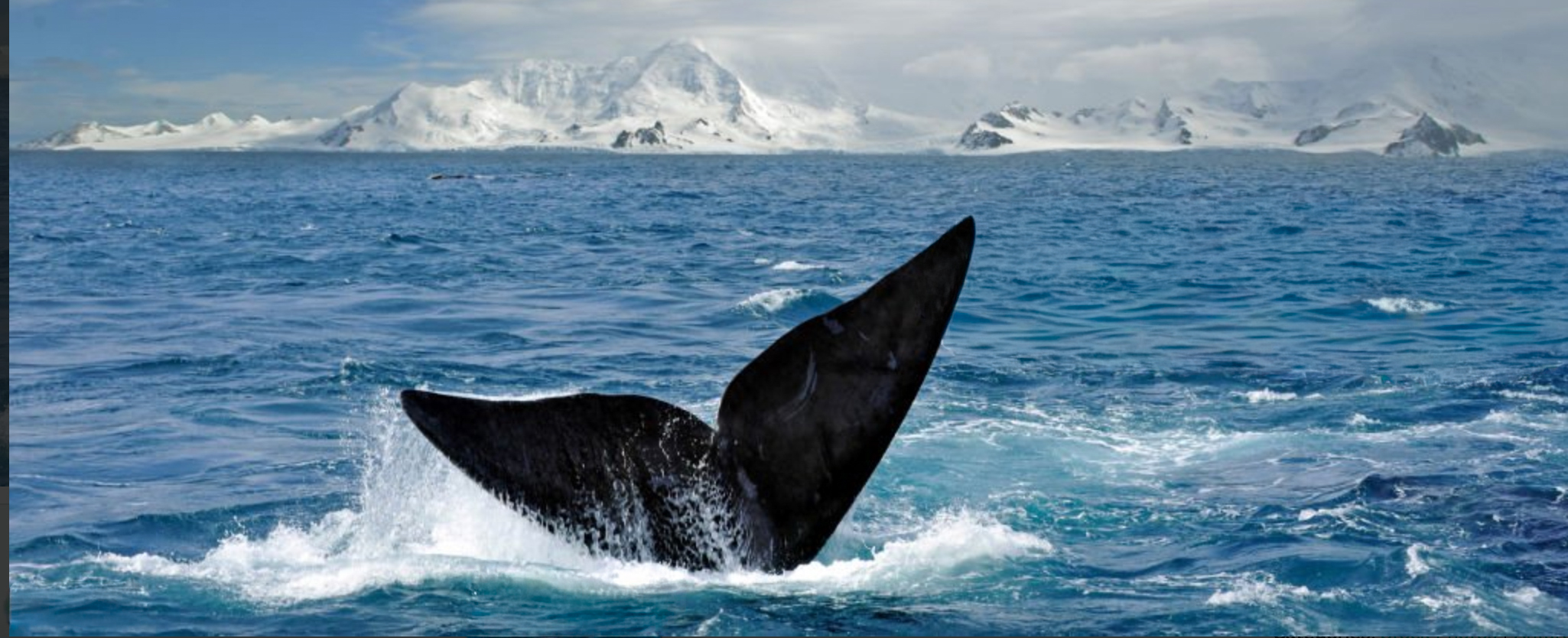Elsa Cabrera, directora ejecutiva, Centro de Conservación Cetacea
The 44th annual meeting of the Commission for the Conservation of Antarctic Marine Living Resources (CCAMLR) has drawn to a close in Hobart, leaving behind a complex legacy of hope and failure. This year’s session, conducted under the cloud of significant geopolitical tension, presented a fundamental test to the Commission’s integrity. While a coalition of nations ultimately successfully defended the Southern Ocean from a substantial expansion of industrial fishing, the proceedings revealed an organization grappling with internal contradictions and external pressures that continue to undermine its founding conservation mandate.
The meeting was destabilized before formal negotiations even began by the arrest of Ukrainian scientist Leonid Pshenychnov by Russian authorities. Dr. Pshenychnov, a longtime member of Ukraine’s CCAMLR delegation with a record of supporting marine protected areas, was detained in Crimea just weeks prior to the meeting. Ukrainian officials have labeled him a political prisoner, asserting that his arrest is directly linked to his conservation work within CCAMLR, which they believe Russia perceives as a threat to its industrial fishing interests in the Antarctic region. This stark injection of geopolitical conflict presumable set a conflicting tone, challenging the collaborative spirit needed for international environmental governance.
Simultaneously, a more insidious threat to the Antarctic ecosystem was emerging in the form of a confidential proposal from Norway. The initiative sought to activate a new Krill Fishery Management Approach that would have nearly doubled the overall annual catch limit for krill, raising it from 620,000 to approximately 1.2 million metric tons. The core of this proposal involved a drastic increase in the allowable catch within the waters of the northwestern Antarctic Peninsula—the very ecological heart of a long-proposed Marine Protected Area (MPA) championed by Chile and Argentina. Analysts noted that the Norwegian plan, through a seasonal opening mechanism, would effectively nullify about half of the intended MPA, transforming a proposed sanctuary into a fishing ground.
The commercial rationale behind this move was laid bare by Matt Johansen, the CEO of Aker BioMarine, a Norwegian company that accounts for nearly two-thirds of the Southern Ocean krill catch. He explicitly framed the krill catch increase as a necessary concession to secure support for the MPA from fishing nations, a strategy that critics condemned as holding conservation hostage for profit. This proposition represented a fundamental perversion of CCAMLR’s ecosystem-based management principles, attempting to isolate the protection of krill from the predators that depend on it.
However, this year, a determined coalition of member states mounted a formidable resistance. Led by Chile, Argentina, the European Union, New Zealand, and the Republic of Korea, these nations refused to accept this false choice between protection and exploitation. They pushed back against the Norwegian proposal and other efforts to weaken environmental safeguards, underscoring a growing alignment around the precautionary principle. Their united front constituted the meeting’s most significant achievement, proving that CCAMLR’s conservation principle is not yet extinguished.
Amid these high-stakes debates, minor progress was achieved. Members agreed to strengthen transparency around transshipment—a practice linked to illegal fishing—by publicly listing all authorised vessels. Yet this procedural win was overshadowed by more profound failures. The Antarctic Peninsula MPA was once again vetoed, presumably by Russia and China, despite being supported by over 150 scientific studies. In another baffling decision, two members blocked the designation of a new Vulnerable Marine Ecosystem, disregarding evidence of the existence of fragile corals and sponges. Most critically, CCAMLR again failed to integrate the devastating impacts of rapid climate change into its operational management, treating this urgent threat to the entire ecosystem as a secondary concern.
The meeting that just ended demonstrates that although this year CCAMLR stood for conservation before profit, its credibility is still on the line. The resolve shown by many nations provides a fragile foundation for hope. Yet, this defensive victory is insufficient. The continued blockade of MPAs, the willingness of some to trade protection for catch quotas, and the failure to address climate change and geopolitical bullying head-on, are a recipe that could lead to an irreversible decline. CCAMLR was created as a pioneer of ecosystem-based management. If it is to uphold this legacy and not be rendered obsolete by the global environmental crisis, its members must now translate this year’s stalemate into decisive action. The future of the Southern Ocean, and the commission’s own relevance, depends on it.



